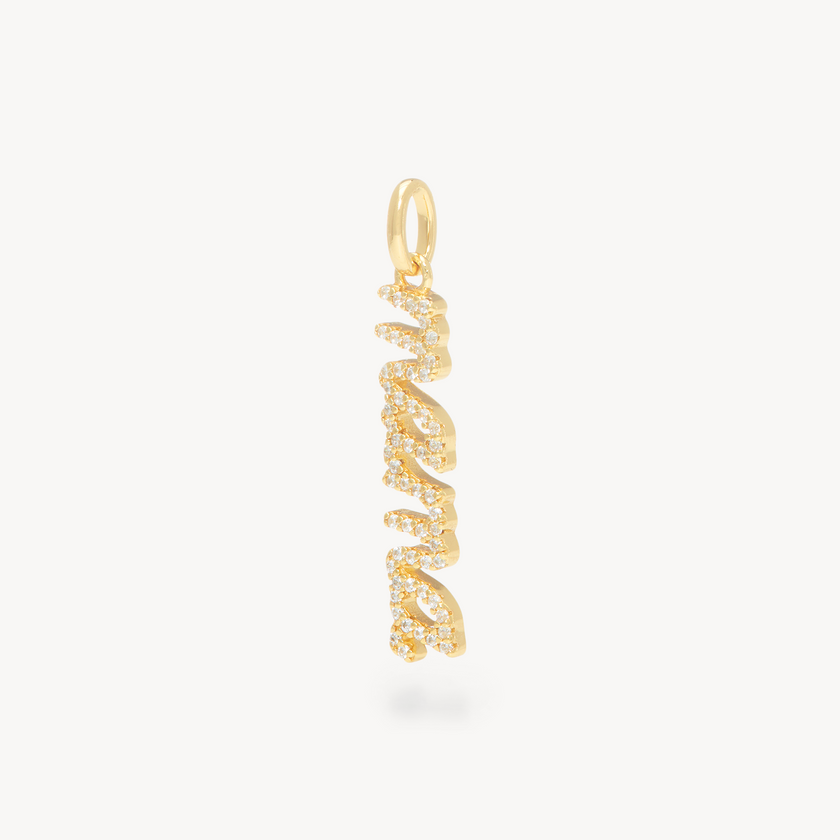
- Article published at:
Drawer menu
In today’s modern society, we’re exposed to more misconceptions about health, fitness, and body image than ever before. Our increased reliance on the media has further perpetuated these unrealistic and often artificial standards, creating an enormous level of pressure. It seems as though every time we check our phones, turn on the TV, open a magazine, or even walk down the street, we’re ambushed by one consistent message: You’re not good enough.
Marci Warhaft is fed up with the damaging effects of this negative messaging. After spending decades of her life battling an eating disorder, she decided it was time to take her power back. Now she’s on a mission to pull back the curtain on society’s biggest ruse and empower others to feel confident in their own skin.
“It’s become so normal for us to speak negatively about ourselves that we don’t see it as a serious problem. Eating disorders are a HUGE problem. I lived with mine for 20 years, and it almost killed me several times.”
Speaking to a group of grade 10 and 11 boys, Warhaft displayed seven photos of male bodybuilders. She asked the boys what they thought the men in the photos had in common. They suggested characteristics such as being tanned and muscular. Warhaft explained to the group, “All of these men won professional bodybuilding tournaments. And all of them are dead. They all died from what it took to look like this because what they were doing was detrimental to their health.”
Body positivity is an important issue to me, so I thought I was well-versed on the subject. However, after five minutes of speaking with Warhaft, I was startled by my own ignorance. I had no idea that eating disorders have the highest mortality rate of all mental illnesses. What’s more, eating disorders do not discriminate—they affect individuals regardless of age, gender, race, or social circumstance. “It’s become so normal for us to speak negatively about ourselves that we don’t see it as a serious problem. Eating disorders are a HUGE problem. I lived with mine for 20 years, and it almost killed me several times. It killed my soul several times. And it’s insidious because it gets masked by all the diet mentality out there.”
Growing up, Warhaft was very close to her older brother. When she was 17 years old, he became ill and passed away. While she was still grieving the life-changing loss, an irresponsible doctor harshly berated her about her weight. As a healthy teenager, she was told that she needed to lose 10 pounds to fit into society. Paired with the pain of losing her brother, the experience initiated a downward spiral that ultimately led to the development of her eating disorder.
“I looked exactly how I thought I was supposed to. I was a mom of two, I didn’t have an ounce of fat on me, and I had all the muscle that I wanted. But physically, emotionally, spiritually – I was sicker than ever.”
In articles she’s published, Warhaft has shared fitness photos from her 30s. Seeing the photos for the first time, I thought, “Wow, she looks great.” The pictures look just like what you would see if you searched ‘Fitspo’ or ‘Fitspiration’ on any social media platform. However, when Warhaft sees the photos now, they just make her sad. “[At the time], my kids were 6 and 3. We would go out to a restaurant and they would ask, ‘Mommy, are you eating today, or just watching?” At restaurants, Warhaft would either pack a container with some chicken and a baked potato or choose not to eat entirely. She nearly fainted while attending an event at her kids’ school. Seeing images of people eating or drinking on TV would make her salivate. She would wake up at 3 am to fit in time for the gym. She stopped menstruating for over a year. “I looked exactly how I thought I was supposed to. I was a mom of two, I didn’t have an ounce of fat on me, and I had all the muscle that I wanted. But physically, emotionally, spiritually – I was sicker than ever.”
“[At the time], my kids were 6 and 3. We would go out to a restaurant and they would ask, ‘Mommy, are you eating today, or just watching?”
Eventually, Warhaft went into recovery for her eating disorder. After she came out of recovery, she stepped back from the fitness industry to take a hard look at what she wanted, and what would be healthy for her in the long run. Now, she exercises because she loves it, and she approaches nutrition with a perspective of healthy, balanced moderation. She loves chocolate truffles and enjoys them on a regular basis.

Concerned about the dangerous messages and myths around health and fitness, Warhaft started Fit vs Fiction. She speaks in schools, has done several TV appearances, and even wrote a book for parents with advice on how to help children develop healthy self-confidence. She hopes these positive, empowering messages will enable young individuals to develop into who they want to be, rather than who they think they’re supposed to be.
When I ask about ways to overcome all the negative conditioning out there, Warhaft has some powerful advice. “Social media can be very damaging, constantly bombarding us to ‘be better’. And it’s hidden—packaged in this ‘I want you to feel better, so I can give you what you need to lose weight, to have better skin, to look younger, because I care.’ It’s still saying, ‘you’re not good enough’, but the message seems so nice and it sneaks past our defences.” She advises unfollowing accounts that bring on these negative feelings of inadequacy and instead seek out accounts that celebrate things that make you feel good. She also advocates for being aware of self-talk, keeping it positive. “Focus on what makes you feel good. I dance every morning. It’s something I love and makes me feel great!” She recently moved, and having space to dance was a key factor in deciding on a new place.
“It took me so long to feel comfortable just being myself. I want everyone to be able to live in the freedom of being who they are. It would be amazing to see the advancement that the world could take in every aspect – arts, science, everything! If we can live in the freedom of empowerment, the possibilities are endless.”
Warhaft uses her sassy, to-the-point demeanour to correct dangerous misconceptions of health, fitness, and society’s standards of beauty. Though her life has had its ups and downs, she credits her challenges with making her the woman she is today. “Everything I’ve gone through makes me stronger. I’ve fallen a lot in my life. There have been times when I had to crawl for a while before I could get up. Now, I see it as a hole in the ground, but there’s a trampoline at the bottom. When I fall, I bounce back! I still have my spark, I still have me.” Being genuine is very important to Warhaft. She knows that no one is happy and confident every single day, and she understands that that’s okay. “Having been hurt, having struggled, I think the more real you are about it makes it easier to connect with people.”
What does empowerment mean to her? “For me, it’s freedom. It took me so long to feel comfortable just being myself. I want everyone to be able to live in the freedom of being who they are. It would be amazing to see the advancement that the world could take in every aspect – arts, science, everything! If we can live in the freedom of empowerment, the possibilities are endless.”
For a long time, the pressure of society’s unrealistic standards of beauty trapped Warhaft in a vicious cycle. Thankfully, she received the help she needed and realized her own courage to stand up and say, “No more.” Today, she continues to reach as many people as she can – men, women, teens, and children – using her vibrant spark to light the way to a healthier life.
Writing: Stacy McIntosh
Images: Supplied

Free mama or lover charm when you spend $150+
Choose from a classic heart or a mama script, both laced in pavé. Cute on its own or with a cluster, this one’s for mom.